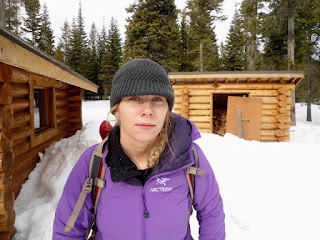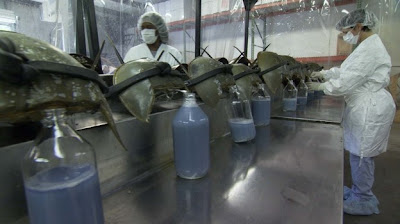 |
| Sorry aboot that? |
Whew. That feels good to get off of our chests.
Secret number two is a little less shameful for us, but a whole lot more shameful for Canada: apparently they, too, have morons in charge. Essentially, the guy in charge of the National Research Council (Canada's equivalent of the National Science Foundation) has declared that "scientific discovery is not valuable unless it has commercial value," and that the NRC will be shifting its focus accordingly. A short glance at the webpage for the NRC reads very much like a business - their new tagline (and isn't it great when a government agency decides it needs a tagline??) is the catch-all bland statement of "working with clients and partners, we provide innovation support, strategic research, scientific and technical services." If you took out 'scientific' you'd have the generic business model for any IT or marketing company. Given that the focus has gone commercial, it sounds like removing science from their science foundation is exactly what they plan on doing.
"Our organization is now easier for business to understand and access," says John McDouchnozzle, the guy in charge of the new changes in town. And that's great, it really is - because big business is exactly what has driven great research in the past. In fact, commercial viability of research has led to such great discoveries as the fact that whale ears AREN'T hurt by sonar, scientists don't think the climate is changing, and the fact that tobacco isn't bad for us! Oh wait... all three of those particular findings were funded by extremely biased, often commercially-driven sources and have since been contradicted? Hmm.
 |
| Dr Joe Camel, PhD in the Science of Marketing |
The truth is that sometimes scientific discovery is not only commercially nonviable, it is directly contradictory to the interests of the industry involved. Putting a price tag on science will not just eliminate basic research that contributes to the whole (which has no immediate monetary effect but may add to future research that does). It could also directly inhibit research that doesn't say what commercialism and industry want it to say.
Meanwhile, Canada's health organization says it's totes cool to use homeopathic alternatives to vaccines. Why get a shot when you can drink tiger's blood? It's ALL THE SAME, SAYS CANADA. In fact with this new regime, it's probably good for the tiger, too! Removes weaklings from the gene pool, and everyone knows a smaller gene pool is a better gene pool, amiright??
Seriously. Did you guys have a real harsh winter up there or something? Sounds like the Canadian government got a nasty case of frostbite on the brain.
 |
| WTF, Canada. WTF. |





